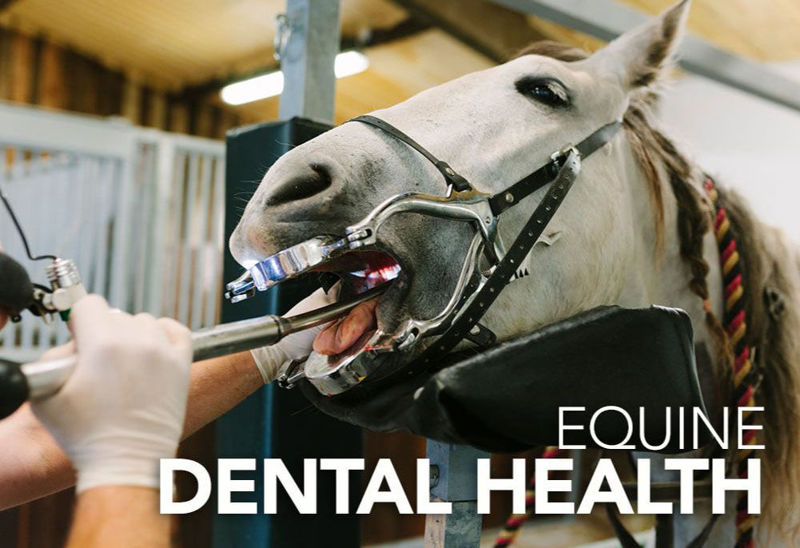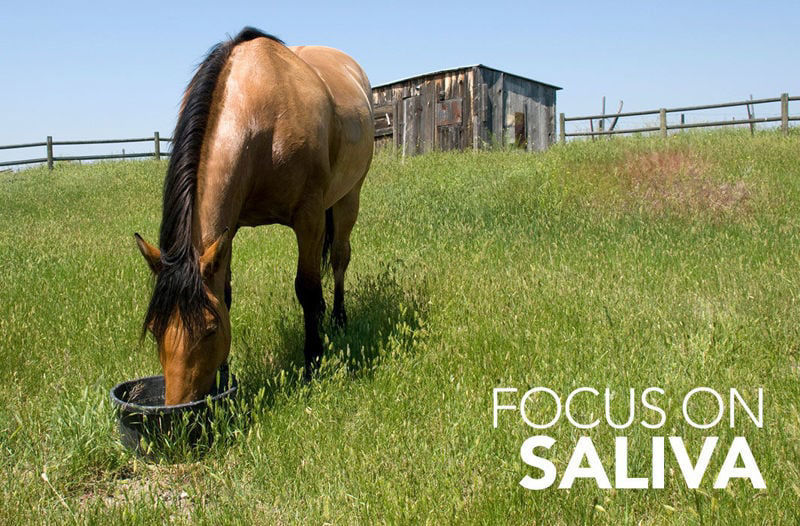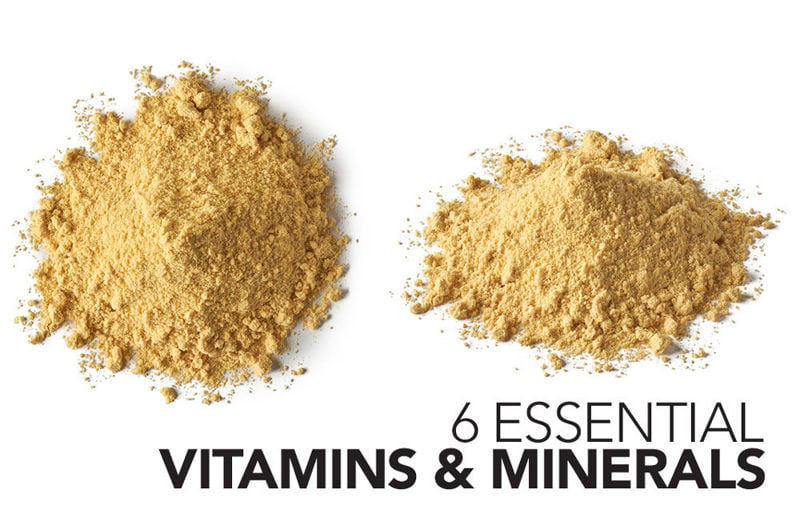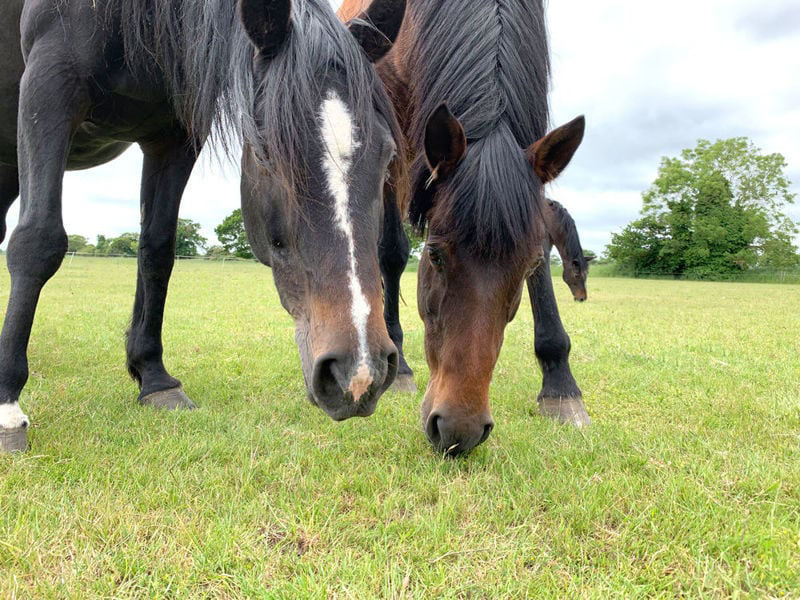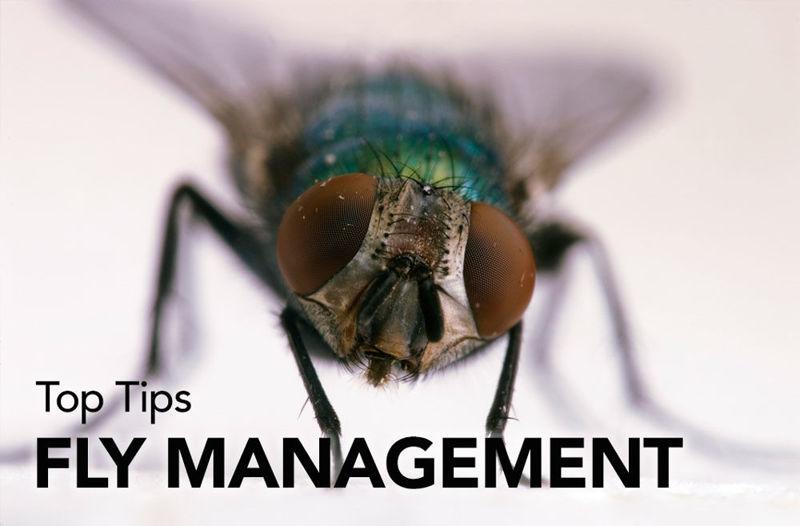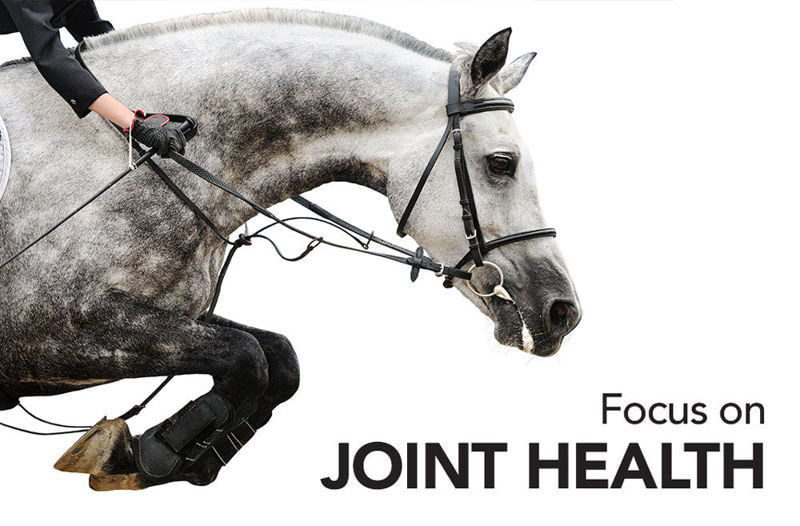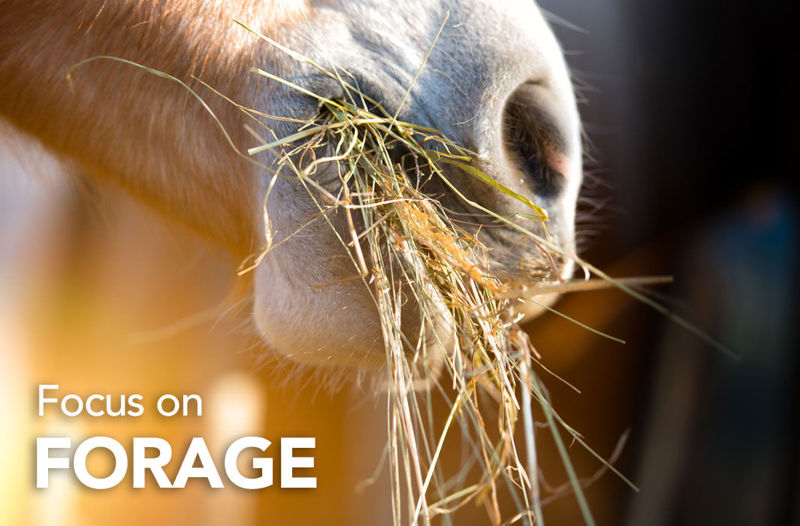When thinking of the digestive system many people start at the stomach but of course the digestive system starts with the mouth. We take a look at equine dental health including tooth types and potential problems.
The more the horse chews, the more saliva is produced. We look at the important role that saliva plays in your horse's wellbeing.
Steady-Up® has been used for years by horse owners to help their horses relax and focus. With over 300 product reviews and a 4.9/5 Feefo rating, we answer your common questions about Steady-Up®.
This week we look at the vitamins and minerals that your horse won't get from grass alone and how you can top-up their intake.
With the forecast of thunderstorms across the country over the coming weeks, we look at how to keep your horse calmer if they are prone to getting stressed and anxious during weather changes and other times.
Managing good-doer types can be hard as it can feel like you must constantly keep an eye on their weight and what they are eating otherwise the pounds will pile on overnight. We look at some key points for keeping their waistlines in check.
As the weather warms up and summer progresses flies start to become a problem for us and our horses. There are many products on the market to tackle flies, with varying degrees of effacacy. In this article we look at how you can help your horse avoid flies without resorting to harsh chemicals.
Due to a poor design, horses have relatively small joints in comparison to their body size, so a lot of pressure is put upon these joints. However, we see more issues in the domesticated horse than its feral counterpart, suggesting that the way we look after our horses can increase the risk of joint degeneration/injury.
BETA (British Equestrian Trade Association) set up a scheme in 2009 aimed at reducing the risk of NOPS in equine feeds. We look at what NOPS are and how you can keep them out of your horse's system.
Forage should form the basis of every horse’s diet, regardless of their individual nutritional requirements and workload. It is important for the horse's physiological and psychological welfare. We look at how much to feed and the effects of correct feeding.












